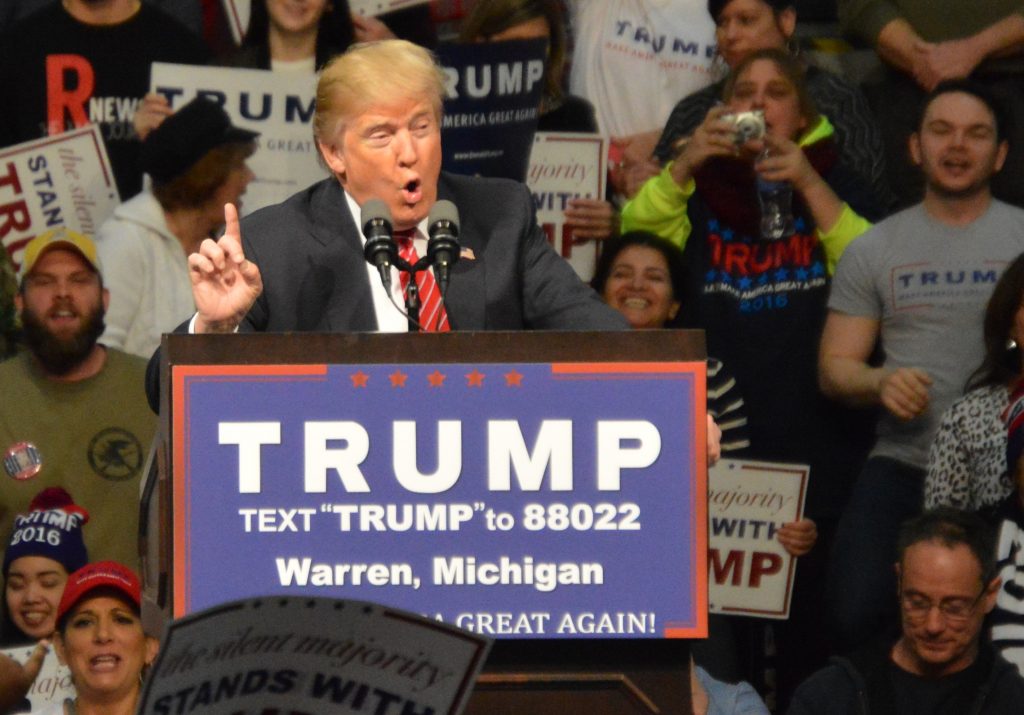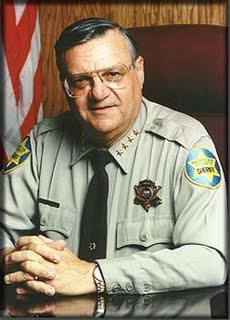How Does Trump’s Arpaio Pardon Compare to Past Presidential Pardons?
What does it say about the extent of executive power in the U.S. under the Constitution?

Former Arizona Sheriff Joe Arpaio embodies the harshest — critics would say cruelest — attitudes Americans have toward undocumented immigrants. Critics accuse him of abusive tactics targeting immigrants and Latino residents, many of which directly violated court orders and earned him a conviction for criminal contempt.
Now, Arpaio avoids jail or prison time thanks to a late-Friday pardon from President Trump.
Other than the person on the receiving end of the pardon, it’s significant in other ways. Most high-profile presidential pardons come near the end of a presidency — not the beginning. And they also usually happen after a lengthy vetting process through the Justice Department.
How does this one compare in other ways to past presidential pardons? What does it say about the extent of executive power in this country under the Constitution?
Two experts join Detroit Today with Stephen Henderson to discuss the pardon and help put it into context.
“The pardon power is a power that the president exercises unilaterally, and it’s always been understood that way,” says Richard Primus, a constitutional law expert and professor at the University of Michigan Law School. “It, of course, can be abused. If a president pardons the wrong people — if he pardons people who really shouldn’t be pardoned, who have done bad things for which they should be punished — that’s going to be a serious problem.”
“The only security against abuse of the pardon power has been the thought that presidents are generally responsible people and that we expect them to exercise the power responsibly. There’s no other check on it,” Primus continues. “And the problem is, what if you get a president who is not a responsible person? All sorts of problems could follow.”
Henderson also speaks with Sheri Berman, a professor of political science at Barnard College who specializes in political history and authoritarian regimes.
“I think this was a very clear example of Trump doing something that he has done many, many times before, which many people dislike,” says Berman, “which is using his powers to shore up his base in ways that… extend or expand the use of his powers in ways, perhaps, that other presidents have not.”
Click on the audio player above to hear the full conversation.

